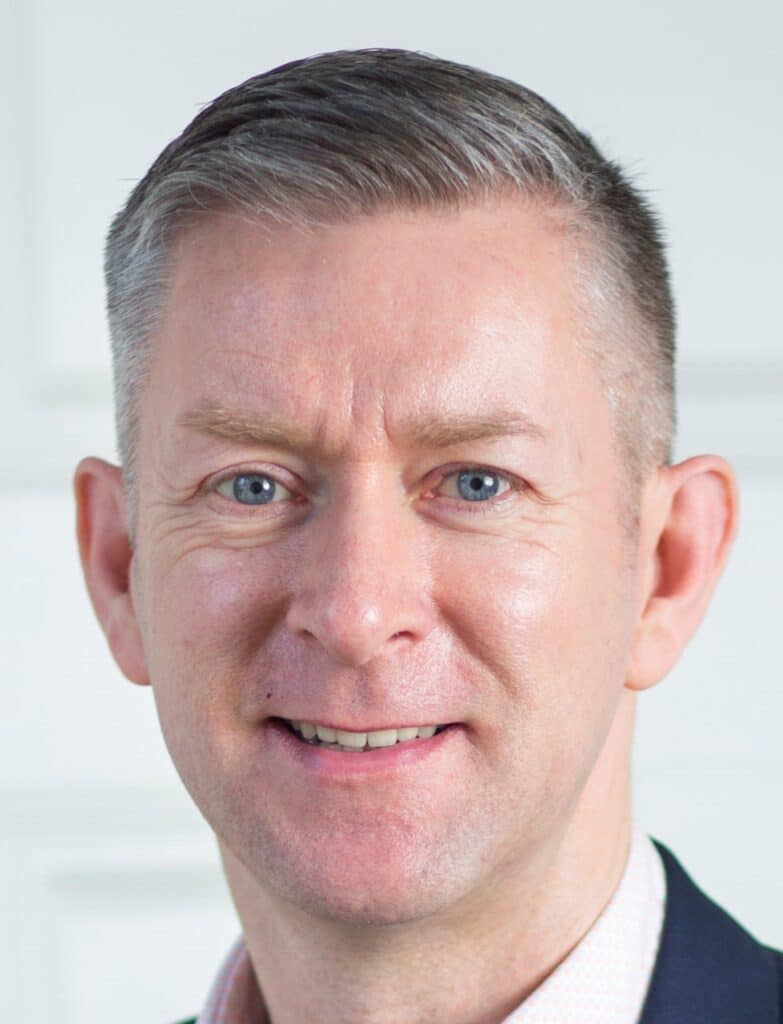Sign-up here to receive the monthly iED bulletin
Sign-up here to receive the monthly iED bulletin

In late September 2025 the government announced that up to £5 billion was to be invested in its new ‘Pride in Place’ programme. The money is to go to 339 “overlooked” communities across the UK – the most disadvantaged communities in terms of both deprivation levels and social infrastructure – to spend on boosting high streets, parks and public spaces. And, given the relatively small size of these communities, the sums involved are reasonably significant, with 169 areas getting £2 million a year every year for 10 years alongside the previously announced Plan for Neighbourhoods (Long Term Plan for Towns, as was), under which 75 deprived neighbourhoods across the UK were awarded £20 million each to deliver projects to improve “the physical and social infrastructure of their community and deliver tangible improvements to the everyday lives of these communities”.
But on exactly what will this money be spent, and who will decide?
The Government’s aspiration is that it will help to sustain community assets such as local pubs and libraries (isn’t the latter a statutory responsibility of the local authority?). It will also give local communities more of a say on who can trade on their local high streets and shopping parades by influencing councils to block “fake” barbers, as well as “unwanted” betting and vape shops. As the Prime Minister put it, those who “know their communities best” will decide how the money will be spent.
On the face of it, this seems reasonable. Who wouldn’t like to see local communities be able to tackle vandalism, install a children’s play area in green spaces, make sure their community centre has heating that works and that street lighting can guide them home safely?
But what if the people who “know their communities best” represent only one section of the community? What if decisions about spending are influenced by specific groups rather than by the broader community? What if approval is given to another vape shop but refused to a halal butcher wanting to serve the local Muslim community? Many of the areas set to receive this funding have recently seen heightened community tensions around identity and belonging.
As yet, there is scant detail on exactly how the new elements of the programme will operate. It is to be hoped that safeguards will be in place to avoid contentious issues and ensure that all local people are given a voice. If this works out well, it could indeed help meet the Government’s aspirations for revitalised local communities that feel seen and have a renewed sense of pride in the places in which they live. But in the current atmosphere being experienced in many neighbourhoods, there is a risk that this could create division rather than cohesion.
It is vital that ‘Pride in Place’ programmes genuinely serve whole communities rather than selected parts of them.
Keith Burge is Principal at Smarter Economics. Keith is Chairing a panel discussion at the iED Annual Conference, themed Good Growth: Driving the UK economy with investment in our regions and communities, on 25th November. Book your place here.
Would you like to write for the iED? As part of iED individual and organisation membership, ALL members have the opportunity to publish articles on our website. We are now seeking ideas for contributions from members, including those in our Early Career Network. These can be around any aspect of economic development, insights on work you are undertaking and project successes you would like to share, or any viewpoint you would like to express. If you have an article proposal please email admin@ied.co.uk in the first instance.